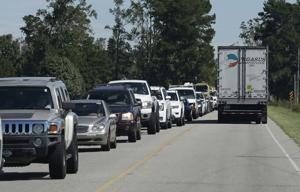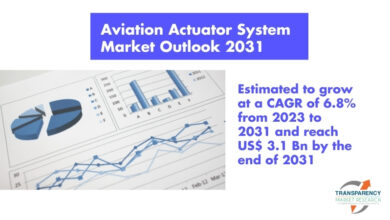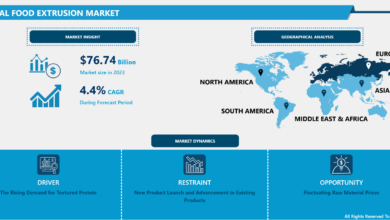North Carolina’s proposed infrastructure spending could decrease driver costs

(The Center Square) – North Carolina’s transportation system has been bruised by the pandemic, but the General Assembly’s infrastructure plan could be the fuel to reduce driver costs and create jobs.
According to the National Transportation Research Group (TRIP), 37% of North Carolina’s major roads are in poor or mediocre condition. The deteriorated roads cost North Carolina motorists $3.8 billion a year, or $500 each motorist, TRIP said.
“The need for transportation improvements far outpaces the amount of state and federal funding available,” TRIP said.
The North Carolina Senate has set aside billions of dollars in its biennium spending plan for infrastructure. From 2015 to 2019, the federal government provided $1.01 for road improvements in North Carolina for every $1 state motorists paid in federal highway user fees, TRIP said. The state has received $6.7 billion from fiscal years 2016 to 2021 from the federal Fixing America’s Surface Transportation Act.
In the meantime, drivers bear the costs of vehicle repairs, accelerated vehicle depreciation, fuel consumption and tire wear because of deteriorating roads, but they still must cover some of the state’s maintenance and repairs costs.
More than half (54%) of North Carolina’s state transportation funding comes from motor fuel tax, 25% comes from Division of Motor Vehicle fees and 21% comes from highway use tax on vehicle title transfers, according to the North Carolina Department of Transportation.
TRIP said vehicle travel in North Carolina has increased 37% since 2000 as the state’s population also grew. It dropped by 38% in April 2020 because of the COVID-19 pandemic compared with April 2019 but rebounded to 6% below March 2019 levels by March 2021.
North Carolina drivers also are subject to tolls ranging from a few dozen cents to more than $5. State officials said the tolls on the express lanes help decrease traffic congestion.
The Senate’s spending plan allocates $4.3 billion to the State Capital Infrastructure Fund over the two years, from which $3 billion can be used for projects. The plan also requires the state to make annual cash contributions to capital and infrastructure projects of $16.6 billion over the next 10 years, of which $12 billion can be used for infrastructure projects. Senate budget writers also allocated $2.8 billion over the biennium for “strategic transportation investments” and increased the General Maintenance Reserve by $250 million.
The Senate approved its spending plan June 25. House appropriations committee members started combing through the plan last week, but the full House will not hold a vote again until next week. The General Assembly must approve the budget before it can send it to Gov. Roy Cooper for approval.
TRIP said travel infrastructure investments could boost the state’s economy. Budget writers said their allocations could accelerate outstanding projects. In the short term, those projects could create jobs. The funding also could improve traffic safety, access and mobility, which TRIP said could stimulate sustained job growth and competitiveness.
Disclaimer: This content is distributed by The Center Square


